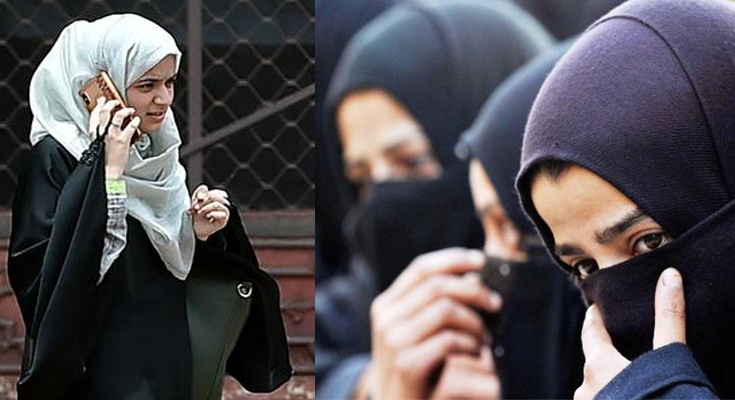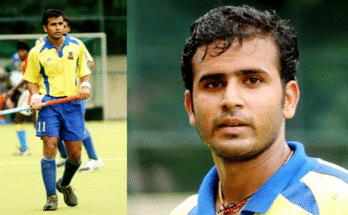New Delhi: In a significant ruling on Wednesday, the Supreme Court affirmed the rights of divorced Muslim women to seek maintenance from their husbands under Section 125 of the Criminal Procedure Code (CRPC). The decision emphasizes that such women are entitled to alimony, regardless of personal religious laws.
The verdict, delivered by a bench comprising Justice BV Nagarathna and Justice Augustine Gorge Masih, underscores the precedence of secular law in the country. The Court emphasized that Muslim women can exercise their legal right to claim alimony under Section 125 of the CRPC.
According to the reports, the case stemmed from a challenge brought by Abdul Samad in the Supreme Court against a Telangana High Court order directing him to provide alimony to his divorced wife. Samad argued that divorced Muslim women should seek relief under the Muslim Women Act of 1986, rather than Section 125 of the CRPC.
However, the Supreme Court upheld the applicability of Section 125 of the CRPC in such cases. The bench clarified that if a divorced Muslim woman’s petition under Section 125 is pending and she obtains a divorce, she can also seek relief under the Muslim Women (Protection of Marriage Rights) Act 2019. This dual remedy approach ensures comprehensive protection for women’s rights.
The Court asserted that Section 125 applies to all married women irrespective of their religion, reaffirming the primacy of secular laws over personal laws. It dismissed the plea of Abdul Samad, affirming the direction for him to pay alimony to his divorced wife.
Justice BV Nagarathna highlighted the importance of recognizing the contributions and dependency of homemakers, stressing that Indian man must acknowledge and support the roles and sacrifices of their wives.
The Supreme Court’s ruling sets a significant precedent for gender equality and the application of uniform civil laws across diverse religious communities in India.




